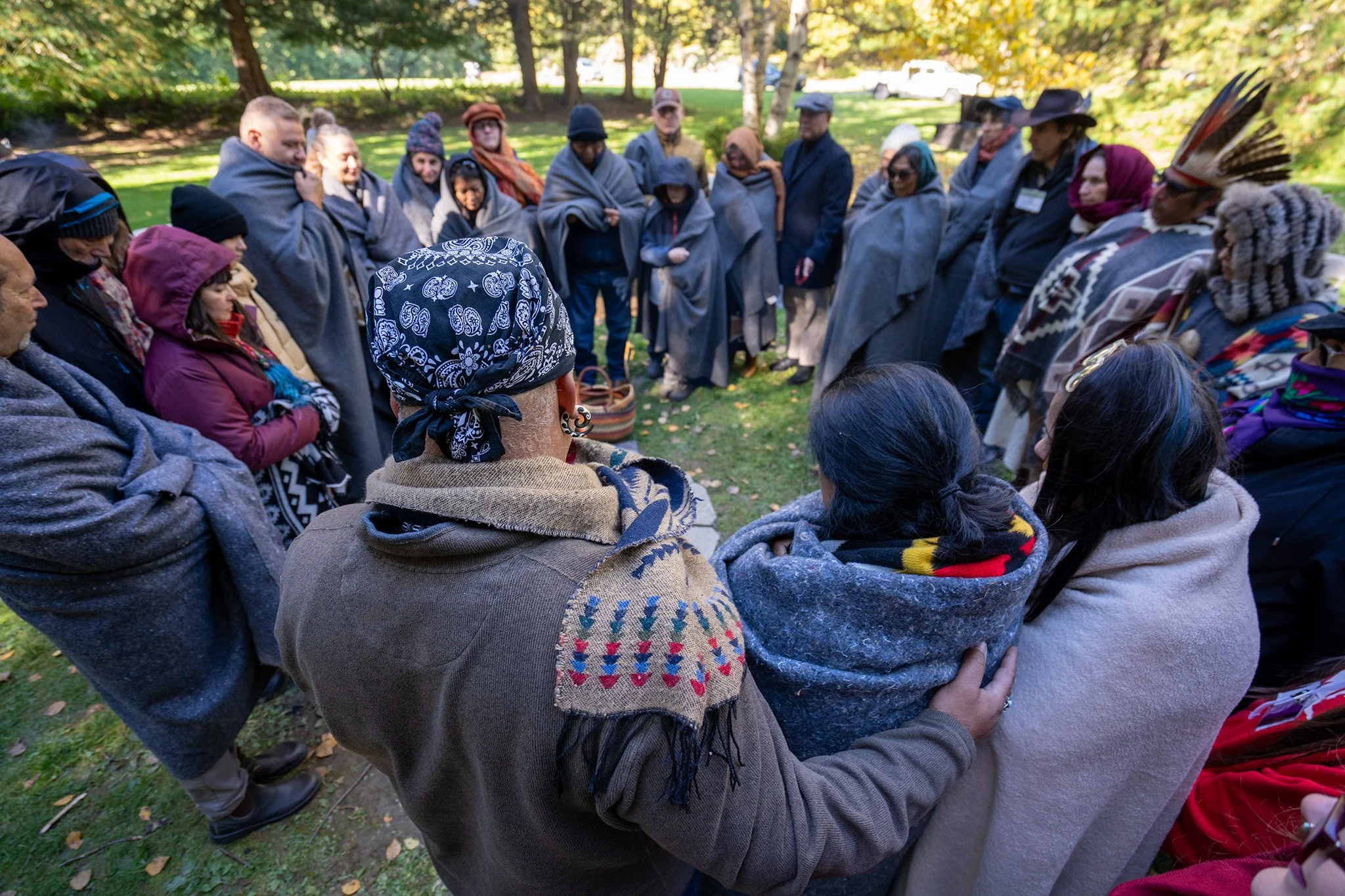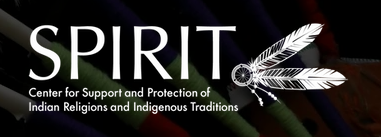There's a global movement to organize our lives and businesses in a way that mimics nature. Specifically, mushrooms.
Mushrooms are comprised of mycelium - an incredible network of root-like fungal threads that stretch out underground and absorb nutrients. This mycelium also wraps around and bores into tree roots, creating what is called a “mycorrhizal network,” which connects individual plants throughout an entire forest and allows them to freely exchange essential nutrients.
In this mycorrhizal network, no single organism is more important than another. There is no withholding of resources so one organism can profit over another. And organisms across species and classification connect to sustain life. In human terms, we would call it a 'gift economy.'
So, what would happen if we organized our lives to mimic this natural process?
Many indigenous communities and various groups have been doing this for hundreds, if not thousands, of years.
One way is through councils. The Haudenosaunee Confederacy is one great example.
According to The Haudenosaunee Confederacy website:
"The confederacy, made up of the Mohawks, Oneidas, Onondagas, Cayugas, and Senecas was intended as a way to unite the nations and create a peaceful means of decision making. Through the confederacy, each of the nations of the Haudenosaunee are united by a common goal to live in harmony. Each nation maintains it own council with Chiefs chosen by the Clan Mother and deals with its own internal affairs but allows the Grand Council to deal with issues affecting the nations within the confederacy."
By operating as a council, you advocate for equity and justice among members, by ensuring everyone has an equal voice, and free exchange of ideas within your organization or business. A modern-day version of this that can be applied to businesses is the practice of organizational self-management, which is the work culture that Alliance for a Viable Future is establishing in our internal processes and our climate leadership curriulum (more to come on that this spring).
It's an inspiring way for us to design our lives, build symbiotic relationships, and establish networks of resource sharing that builds equity, justice and resilience.








